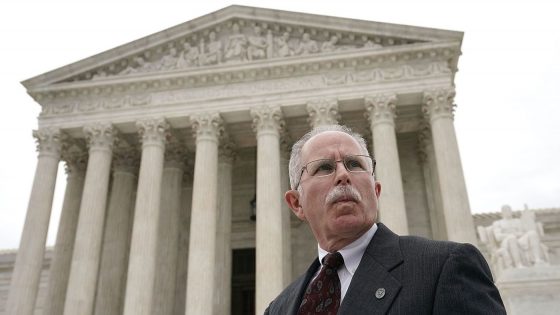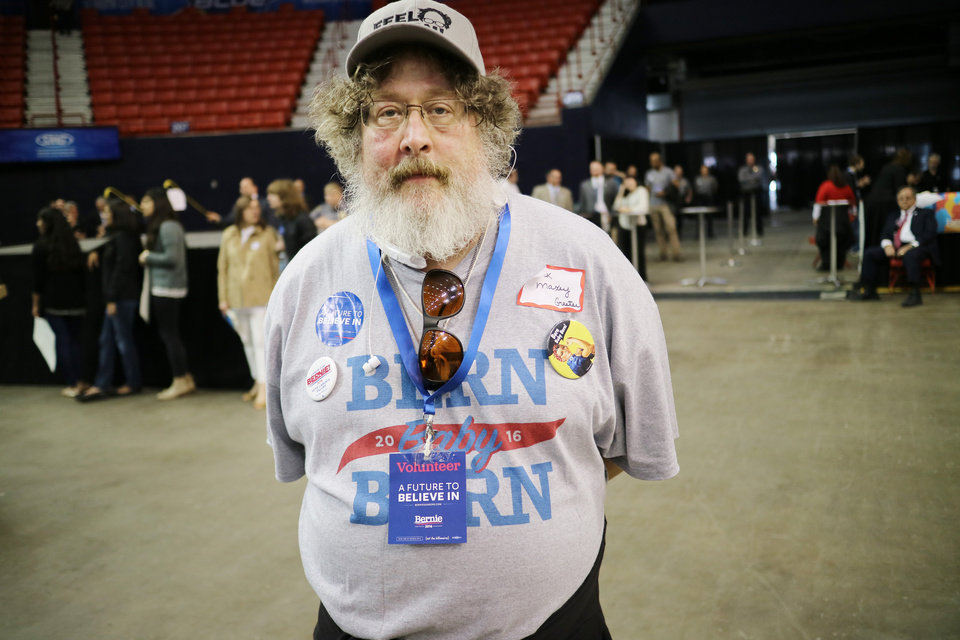By: Denise Simon | Founders Code
Excellent!
Related reading: Tom Perez, Chairman of the DNC is not happy
There are an estimated 5 million government employees in 24 States. Mark Janus is an Illinois State employee that has been forced to pay $600 per year to the public sector union known as AFSCME. In a 5-4 ruling with the opinion written by Justice Alito, no more forced dues are required even when you are not a member of a union. Of course, Justice Elena Kagan wrote a dissenting opinion stating that ‘its crusade by the majority is turning the First Amendment into a sword’.
AFSCME President Lee Saunders had argued that strong labor unions are needed because they give “the strength in numbers [workers] need to fight for the freedoms they deserve,” including retirement plans and health care.
The repercussions could affect unions nationwide. Union membership nationwide is less than 11 percent of the American workforce, but about a third of government employees are members. More here.
As a condition of employment, a person is forced to pay up to keep their job while they have no voice in lobby efforts, where money is spent or in collective bargaining.
The Janus case started in the 7th circuit and the union fee case has been going on for an estimated 40 years. Janus was represented by Mark Mix, the president of the National Right to Work Legal Defense Foundation.
The basis of the argument is being forced to pay union fees of any sort is coerced political speech. Part of the Alito decision includes:
Compelling individuals to mouth support for views they find objectionable violates that cardinal constitutional command, and in most contexts, any such effort would be universally condemned. Suppose, for example, that the State of Illinois required all residents to sign a document expressing support for a particular set of positions on controversial public issues—say, the platform of one of the major political parties. No one, we trust, would seriously argue that the First Amendment permits this. Perhaps because such compulsion so plainly violates the Constitution, most of our free speech cases have involved restrictions on what can be said, rather than laws compelling speech. But measures compelling speech are at least as threatening.
When speech is compelled, however, additional damage is done. In that situation, individuals are coerced into betraying their convictions. Forcing free and independent individuals to endorse ideas they find objectionable is always demeaning, and for this reason, one of our land mark free speech cases said that a law commanding “in voluntary affirmation” of objected-to beliefs would require “even more immediate and urgent grounds” than a law demanding silence.
The 82 page opinion is found here. It is compelling reading.
Open Secrets, a site for money in government published this in part:
| 2018 | $13,352,634 | 80% | 19% |
That number above represents union money to legislators where 80% went to Democrats and 19% went to Republicans.
Since 1989, public sector unions have contributed $385 million to federal elections and Democrats have received the vast majority of that money. In the 2016 election, those groups pumped $63.8 million into races, 90 percent of which went to Democrats. So far in the 2018 cycle, $13.4 million has gone toward races, with 80 percent benefiting Democrats.
The top 20 politicians to receive money from public sectors since 1989 have been Democrats, including Hillary Clinton, House Majority Leader Nancy Pelosi and Minority Whip Steny Hoyer.
In this election cycle, Democratic senators in hotly contested races have benefited from union support.
In the past 10 years, public sector unions also spent nearly $160 million on lobbying.
Overall, 28 states have passed so-called “right-to-work” laws, which ban requirements for union membership or fees. The states include Wisconsin, Michigan and Indiana, former union strongholds where average hourly wages and union memberships have slipped since the laws passed.
A dip in union membership would likely bring a significant drop in funding for big union political spenders like AFSCME, which has spent $114 million on federal elections since 1989.
Other top spenders that would see their funds potentially slashed include the National Education Association, the Service Employees International Union and the American Federation of Teachers (AFT).

















